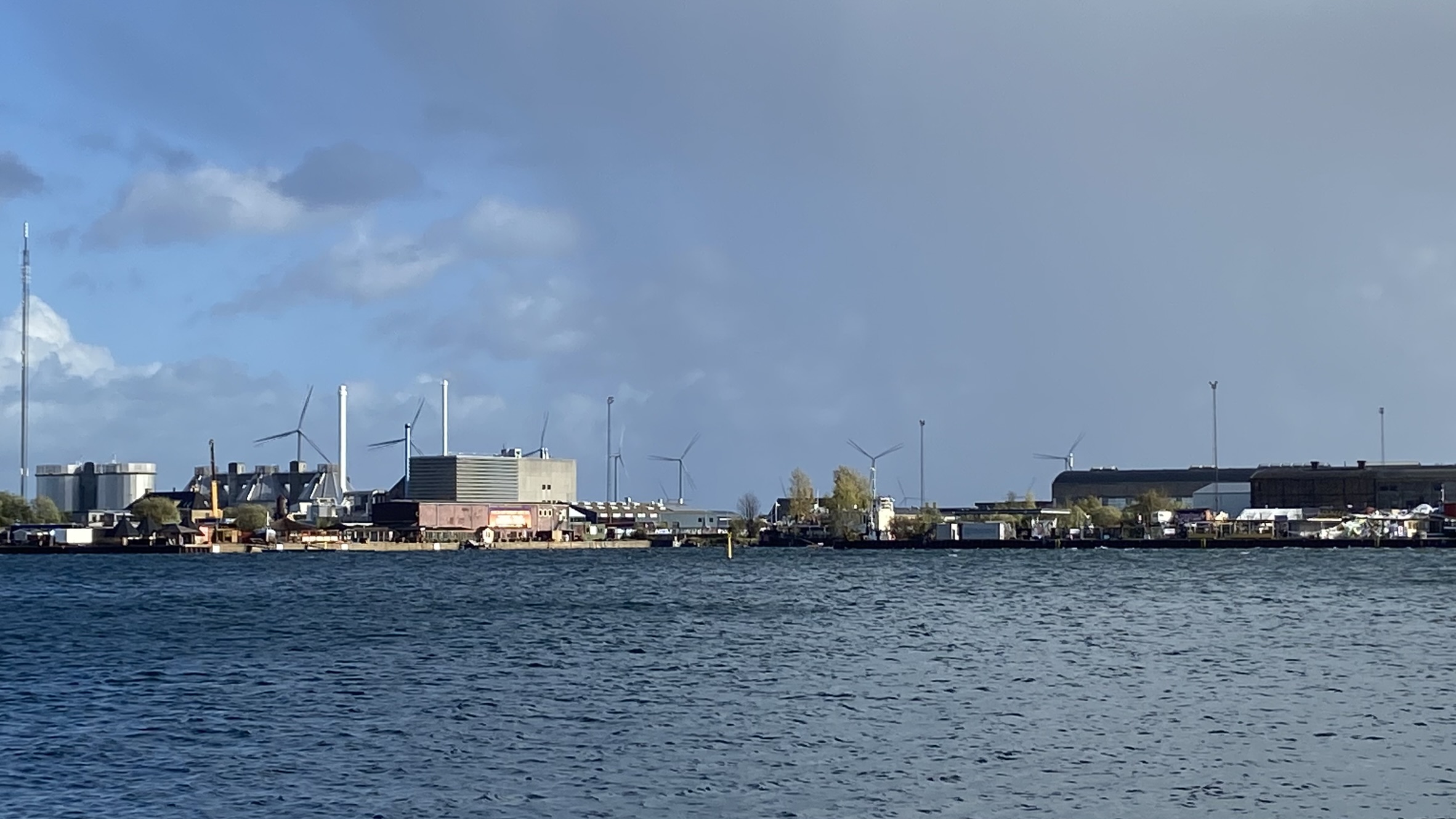The political spectrum on the left is, if nothing else, characterized by its diversity—in a positive and negative way. This statement can also be made for European leftist parties. Here, the spectrum ranges from newly formed parties such as Die Linke (The Left) in Germany or the Front de Gauche in France to left-green,reform-communist, and traditional leftist parties. Some of them, including Die Linke, are also represented in the European Parliament, where they cooperate in the parliamentary Confederal Group of the European United Left/Nordic Green Left (GUE/NGL). There are also a number of European-wide alliances of leftist parties, including the European Left (EL), the New European Left Forum (NELF) and the Nordic Green Left Alliance (NGLA).
The differences between the European leftist parties do not mean that they do not share commonalities. On the contrary, all these parties are in agreement that they are bound to social justice, democracy and a united Europe in which people live in dignity, social security and peace. They have also participated in the resistance to neoliberal programs of privatization and austerity. On certain occasions, there has also been concrete cooperation, as in the resistance to the Iraq War or in opposition to the so-called European Constitution. However, thus far they have not been able to formulate a popular alternative to neoliberalism.
In some places, this has created a crisis for the left and has vividly shown that the development of a modern pluralistic alternative—one which takes up historical traditions and the necessity of openness and renewal—is still in its infancy.
This book, published in 2009, should provide interested readers with an overview of the situation for leftist parties in Europe during a period of upheaval. Various authors offer summaries of the contradictory developments in 22 countries of Europe: Belgium, France, Netherlands, Luxembourg, Denmark, Finland, Norway, Sweden, Great Britain, Ireland, Austria, Czech Republic, Germany, Poland, Slovakia, Italy, Spain, Portugal, Cyprus, Bulgaria, Romania and Turkey.



